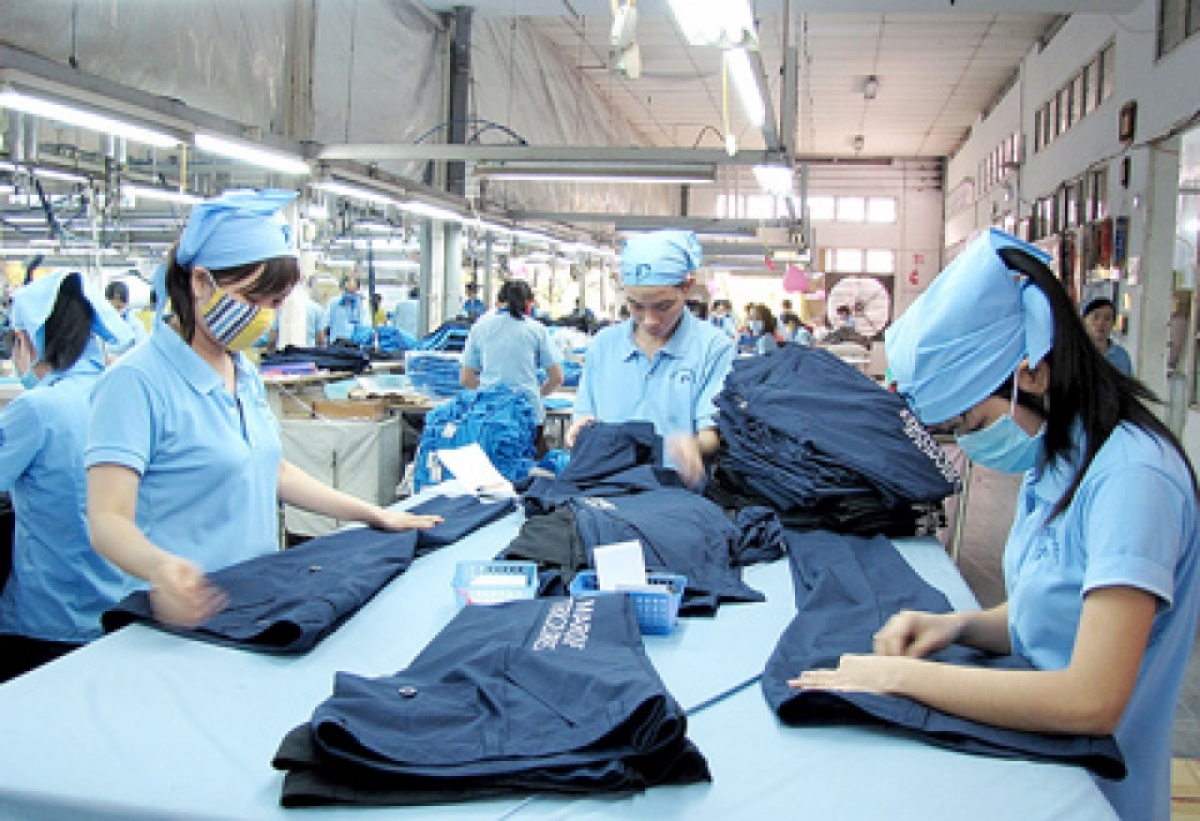Vietnam: Garment and textile exports likely to reach US$38 billion this year
With export turnover surging by 11% to reach approximately US$32 billion during the past 10 months of the year, the local garment and textile industry is anticipated to rake in roughly US$38 billion this year.
The Vietnam Textile and Apparel Association (Vitas) predicts that the country’s garment and textile exports will reach US$3 billion per month during the remaining two months of the year.
Experts pointed out that the implementation of prolonged social distancing measures in several southern provinces during the fourth wave of the COVID-19 pandemic has served to reduce the sector’s capacity by half, thereby greatly impacting both domestic and international supply chains.
However, with social distancing measures being relaxed from the beginning of October, garment textile production activities, especially in Ho Chi Minh City and other southern provinces, have bounced back as the rate of workers returning to factories now stands at over 90%.
Moving forward, yarn exports are anticipated to make a significant contribution to the sector’s export growth this year, with turnover reaching about US$5.3 billion, while fabric exports may be able to gross roughly US$2.4 billion.
Along with traditional products, the country also exported a large amount of fabric to produce tyres to markets such as the United States, India, and Canada, with export value reaching nearly US$640 million over the past 10 months, marking a 1.5 fold-increase against the same period from last year.
The global demand for garments next year is anticipated to increase rapidly, especially with the reopening of several countries, while textile and garment exports are likely to reach between US$43 and US$43.5 billion next year.
Vitas has therefore advised local firms to catch up with consumption trends, along with promoting the use of input materials of clear origin to utilise advantages from traditional export markets such as the United States and the EU, as well as to countries participating in both the Comprehensive and Progressive Agreement for Trans-Pacific Partnership (CPTPP) or the Regional Comprehensive Economic Partnership (RCEP).
Source: VOV


 English
English




